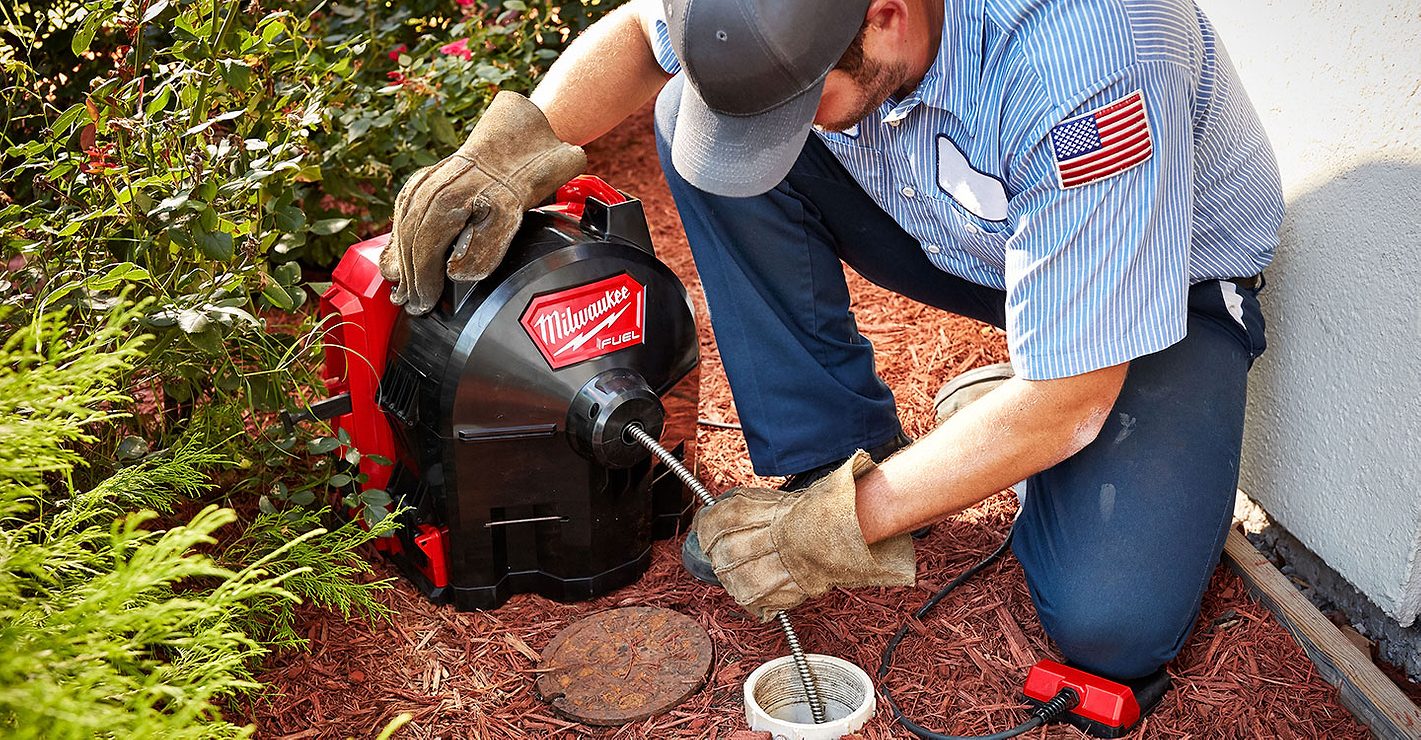“New Jersey consumers deserve to know that they are being protected from fraud and shoddy work, whether the job is being performed by an individual or a multimillion-dollar enterprise,” said PHCC NJ President Charles West.
The Contractors Registration bill passed the state's senate and assembly last March, and only requires the governor's signature to become law.
The legislation requires all home improvement contractors in New Jersey to register with the state's Division of Consumer Affairs, pay an annual fee, disclose any prior criminal histories, maintain a minimum of $500,000 in liability insurance and adhere to specific state regulations for advertising and contracts. The division's director could revoke the registration of those who violate the law.
As part of the bill, the state plans on setting up a toll-free number consumers could call to determine whether a contractor they are considering hiring is registered and has the necessary insurance. Municipalities would be prohibited from issuing building permits to contractors without proof of registration.
Last year, the division received 2,600 complaints about unfinished or substandard work by contractors - second only to consumer complaints regarding used-car dealers.
The PHCC NJ supported the initial legislation until it was amended to exempt large home centers, such as Home Depot, Lowe's and Sears, as well as their employees. The bill has no effect on licensed plumbers or other professionals, such as engineers and electricians, who are already regulated by the state.
“The size of a retail operation alone cannot guarantee its honesty and responsibility,” West added. “Even worse is the fact that any of the thousands of full- or part-time employees of home improvement retailers would be free under this exemption to offer their services without being subject to any of the law's safeguards.”
But Assemblyman Neil M. Cohen (D-Union) told a columnist for the Asbury Park Press that the bill is aimed at “fly-by-night” contractors who bait consumers with low-ball estimates, then disappear after getting some money upfront to supposedly begin the job.
While Cohen acknowledged that the amendment was added at the request of the home centers, such operations were never the focus of the bill. He added that the Division of Consumer Affairs knows where to find a company like Home Depot and that all large retailers that would be exempt from the bill already carry liability insurance.
However, West says that consumers still need protection against retailers, no matter how large. A year ago, he said, Home Depot paid the state more than $500,000 to settle an investigation by the Consumer Affairs Division into possible violations of the state's Consumer Fraud Act. In March, Sears paid more than $625,000 to settle allegations that it defrauded customers regarding automotive services.
Cohen has introduced versions of the bill in every legislative session since he was first elected to office in 1990. McGreevy, then an assemblyman, was among the co-sponsors that first year.



